“For individuals wanting to improve or maintain skin health, can incorporating acupuncture help improve skin and fight the aging process?” Cosmetic Acupuncture Cosmetic acupuncture follows…

Anti Aging: The spine goes through a degeneration process as we age. The rate of degeneration depends on the stress level. The more stress, the faster your spine degenerates. That’s why it’s important to keep your spine checked and get adjusted. Our body is in a constant and never ending battle for survival. Cells are birthed, cells are destroyed. Scientists estimate that each of our cells must withstand over 10,000 individual assaults from reactive oxygen species (ROS) or free radicals. Without Fail, the body has an incredible system of self-healing that withstands the attack and rebuilds what has been damaged or destroyed. This is the beauty of our design. Health coaching understands that stress is a part of life, and can help design programs to decrease stress. Chiropractic care with its health movement, has been shown to be a powerful method of stabilizing and enhancing this self-healing ability. Dr. Alex Jimenez discusses concepts surrounding the anti-aging pandora. Since before the days of Ponce de Leon’s search for longevity man has always been enticed by the chance of eternal youth.

“For individuals wanting to improve or maintain skin health, can incorporating acupuncture help improve skin and fight the aging process?” Cosmetic Acupuncture Cosmetic acupuncture follows…
Spinal disease, disk degeneration, and herniated disk are leading causes of pain radiation affecting movement and decreasing the patient’s quality of life. Nevertheless, technology in…

Improving mitochondrial function can be done through different mechanisms. Indeed, the use of supplements, cold showers, exercise, and even when we ingest our meals directly…
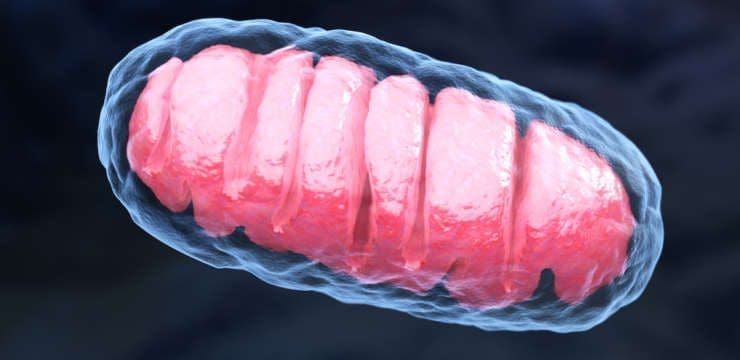
Over the last decade, we have seen a growth in the Elderly population. A broad set of socioeconomic and biochemical challenges are included in the…

Aging by definition is a “cascade of robustness breakdown triggered by a decrease in systemic NAD+ biosynthesis and the resultant functional defects in susceptible organs…

Thyroid function is crucial to maintain health. The balance and secretion of hormones like T3 and T4 orchestrate the metabolic process. However, a dysfunctional thyroid…

As previously stated, menopause is a turning point in a women’s life, a rite of passage that will commence the next step. Indeed, menopause itself…

Almost one-third of a woman’s lifetime is composed of her post-menopausal years. However, to make it to that time, several rites of passage need to…

Women’s health encompasses a multitude of factors that are carefully orchestrated by hormones. In turn, hormones can be produced by different glands and tissues, which…

Degenerative diseases, specifically those that affect joints and muscle, produce detrimental effects on movement, agility, strength, and quality of life. Numerous nutritional and strength exercise…

Urolithin A is the most abundant type of urolithin produced by the human microbiota. This nutritional compound is derived from ellagitannins and ellagic acid commonly…
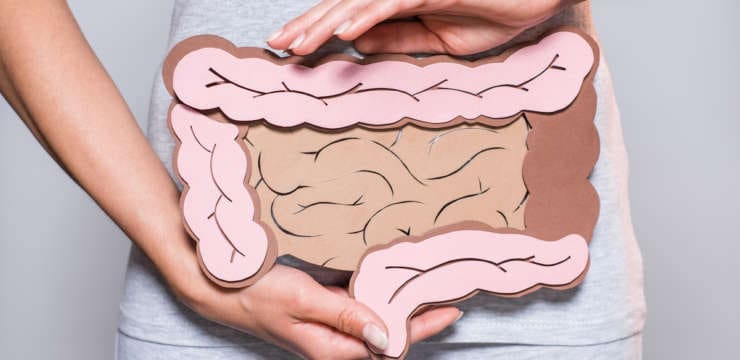
The metabolic effect of gut-derived metabolites coincides with the prevention of conditions like obesity and diabetes in mouse models. However, to produce the beneficial gut-derived…

t is not news that mitochondria are not the ONLY powerhouses of our body. Indeed, our gut microbiome can metabolize foods that were thought to…
Gut microbiota has a wide variety of metabolic activities. I would like to rephrase that, more than activities, they are responsibilities. Nowadays, we know that…
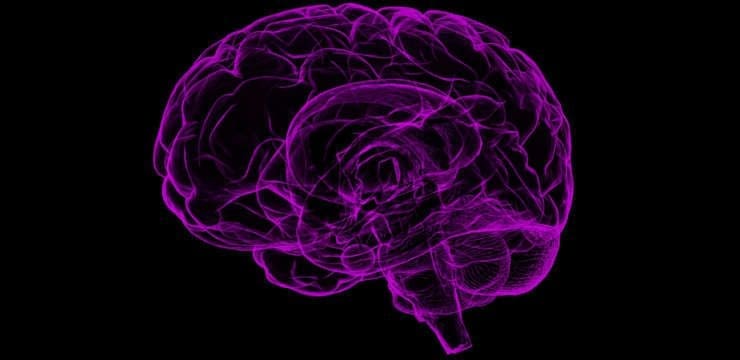
Alzheimer’s disease is one that impacts many lives. There are multiple factors that go into the diagnosis of Alzheimer’s, some people’s diet, environment, genetics, head trauma and more. The classic symptoms include loss of memory, memory issues that begin to disrupt everyday life (such as where you keep your coffee mugs), difficulty completing familiar tasks in the workplace or home, confusion with time or place, and trouble understanding images.Â
Normal Aging vs Alzheimer’sÂ
With normal aging, we see brain atrophy, some neurotransmitter loss, and oxidative damage. These changes occur but they do not interfere with daily tasks or quality of life. To determine the difference, we can perform a simple test in the office that consists of a few questions. The score will determine if the aging of the brain is within normal limits.Â
Synapse LossÂ
As mentioned above, head trauma can lead to Alzheimer’s as it increases synapse loss. Things that contribute to head trauma include physical trauma, stroke, hypertension, and diabetes. Additionally, high cholesterol, high homocysteine, low exercise, and specific genes.Â
Genes
Although we are unable to change the genes we were born with, we can alter their expression. There are steps that we can take to alter these genes to express in a positive manner rather than negative. This can help slow down the progression or onset of Alzheimer’s. The genes we specifically look at in reference to Alzheimer’s are those that impact lipid metabolism, inflammation, and are dopaminergic and neurotrophic. These include:
CRP
IL-6Â
TNFAÂ
COMTÂ
BDNFÂ
We have the ability to perform genetic testing through DNA Life to assess your genes and your susceptibility. DNA Mind provides an identification of the level of impact of any genetic variant. It also provides us with a broken down explanation of the genes and their specific impact on the biochemical area and mental health. Additionally, this test not only reports on Alzheimer’s disease but also dementia, cognitive decline, addictive behavior, risk-taking behavior, and mood disorders. A sample report can be seen below:Â
Â
Lifestyle : InBodyÂ
As previously mentioned, we see a direct link between lack of exercise, poor nutrition, and Alzheimer’s disease. We are able to create personalized nutrition plans for your body as well as determine other predisposing factors with the help of the InBody 770 system. This advanced machine provides a great deal of information for us regarding the patient. We track patients Anthropometric measurements in order to determine their lean muscle mass, fat density, visceral fat (fat surrounding the organs- a key indicator of disease risk), water percentage, and height and weight. We measure our patients every 8 weeks and keep a detailed record. These reports are great indicators for health and also assess inflammation and edema. There is more information regarding the InBody below.Â
[embedyt] www.youtube.com/watch?v=N3_BEhgJCGc%5B/embedyt%5D
InBody_E_Book.pdf
GENETIC TESTING IS AVAILABLE NOW AND PROVIDES US WITH MORE INFORMATION THAN EVER BEFORE. WITH THIS INFORMATION AND THIS TECHNOLOGY, WE ARE ABLE TO CREATE PREVENTABLE PLANS GEARED TOWARDS YOU. I HIGHLY RECOMMEND GETTING TO KNOW AND UNDERSTAND YOUR GENES. -KENNA VAUGHN, SENIOR HEALTH COACHÂ
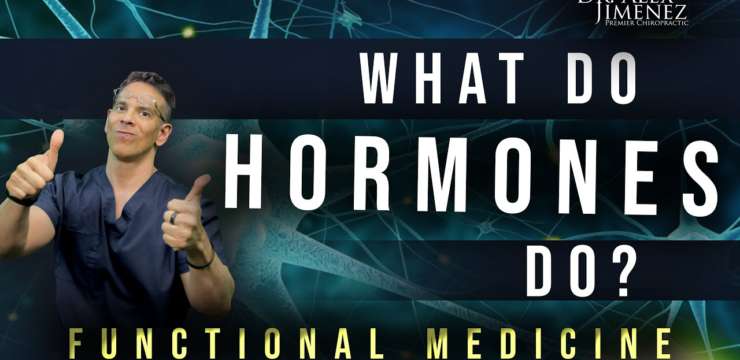
This is the first of three episodes Dr. Alex Jimenez brings to you where Medical Specialist talk about the complex role hormones play in our…
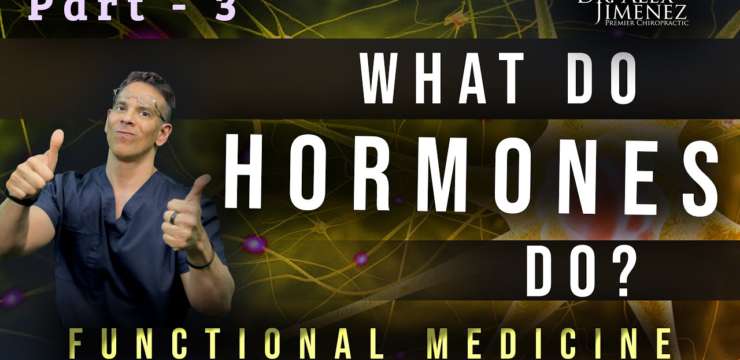
This is the third episode Dr. Alex Jimenez brings to you where Medical Specialist Talk about the complex role hormones play in our overall physiology…